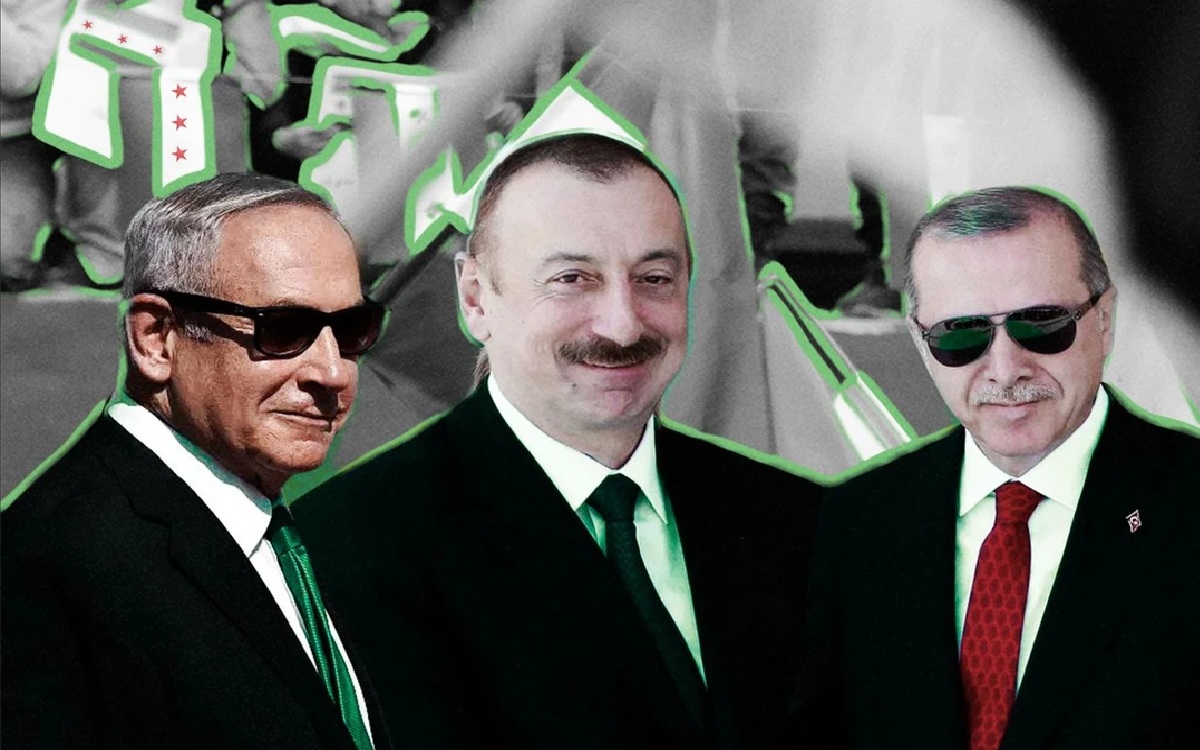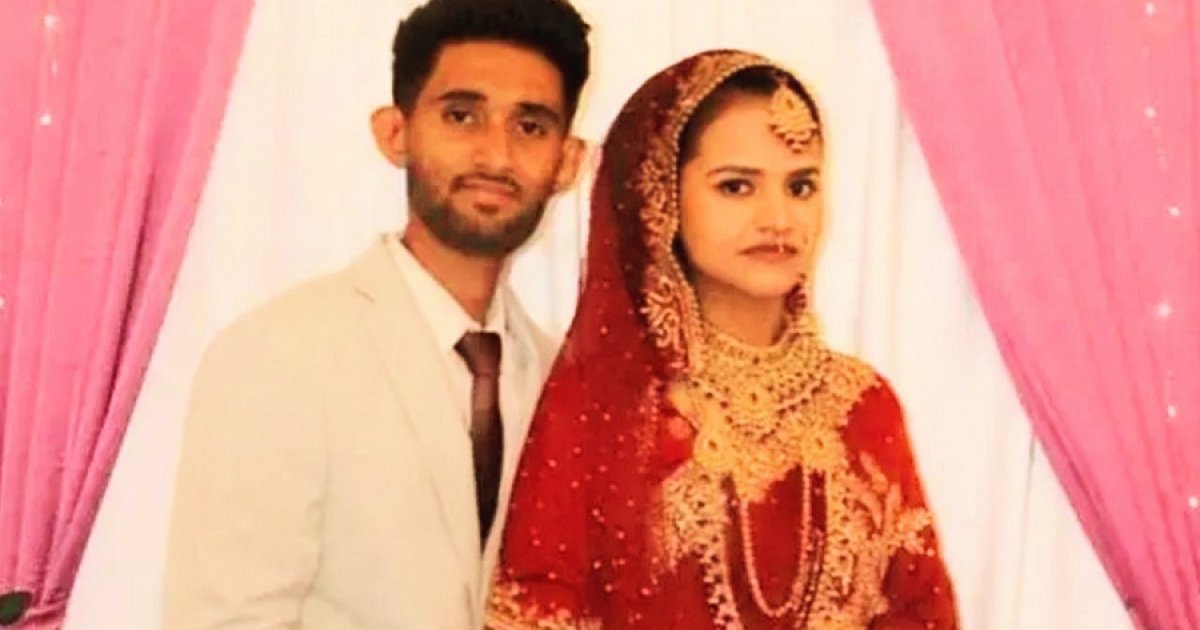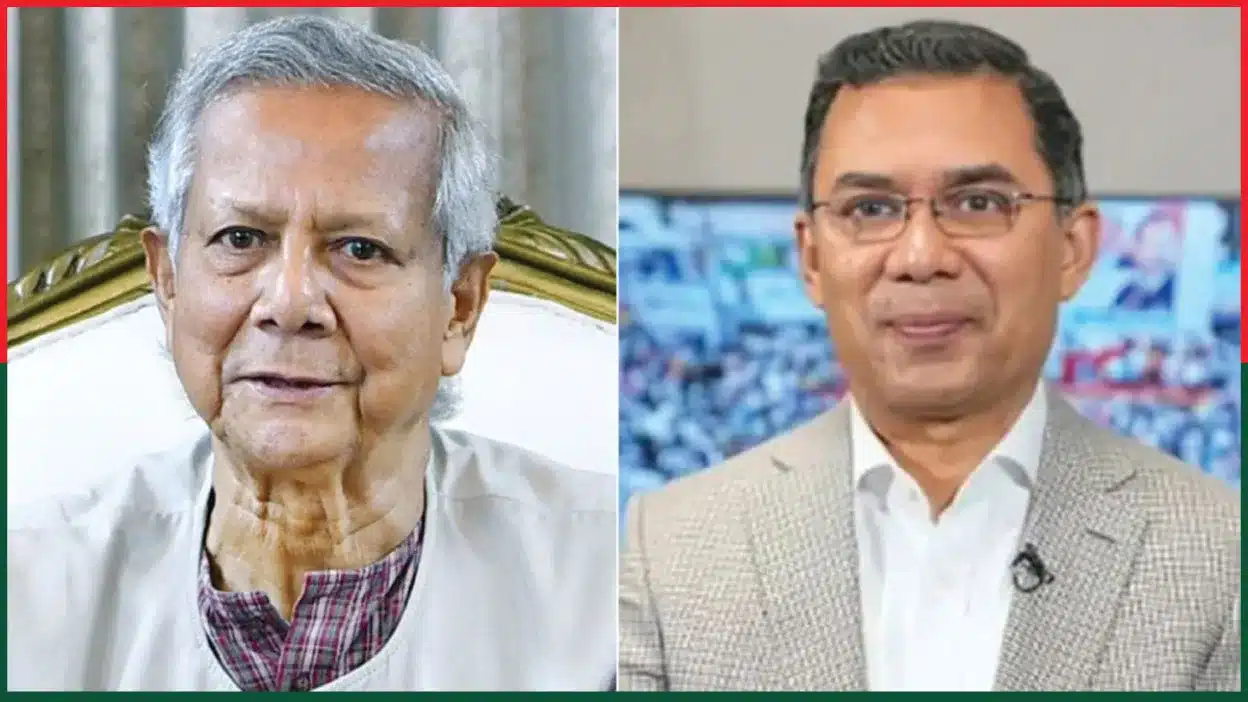Following ‘Operation Sindoor’, Middle Eastern powers like Israel and Turkey, alongside Azerbaijan, drawn into a complex web of alliances
Much has been written about the enduring consequences of the 1948 establishment of the State of Israel along the Jordan Valley. Yet, a year earlier, another seismic geopolitical event unfolded along the plains of the Indus River—the 1947 Partition of British India into India and Pakistan. The ongoing Indian-Pakistani conflict, rooted as it is in that Partition and centered on the contested region of Kashmir, has long been a flashpoint in South Asia.
Recent escalations, particularly following the April 22 terrorist attack in Pahalgam (2025) that killed 26 civilians, have thrust this rivalry back into the global spotlight. India’s retaliatory “Operation Sindoor,” involving missile strikes on alleged terrorist sites in Pakistan, marked a dangerous escalation between these nuclear-armed neighbors.
Suffice it to say, the conflict’s ripple effects extend far beyond South Asia, entangling Middle Eastern and Caucasian powers in a complex web of alliances that threaten regional and even global stability. Israel’s firm backing of India, Turkey’s unwavering support for Pakistan, and Azerbaijan’s alignment with Islamabad have somehow deepened these entanglements, complicating efforts to de-escalate.
The historical animosity between India and Pakistan, fueled by religious nationalism and territorial disputes, is no stranger to external influence, The aforementioned 1947 Partition, which birthed these independent states, sowed seeds of discord that persist today, with Kashmir remaining the epicenter of their rivalry.
Significantly enough, the recent flare-up, triggered by the Pahalgam attack, saw New Delhi suspend its participation in the Indus Waters Treaty, a rare symbol of cooperation that had endured decades of hostility, and the potential hidropolitical implications are mind-blowing. Islamabad’s response—withdrawing from the 1972 Shimla Agreement, a peace treaty—further eroded diplomatic guardrails. Both nations’ actions, amplified by modern military technology like drones and missiles, have raised the stakes, with the specter of nuclear escalation looming large.
Middle Eastern powers in turn have not remained neutral in this crisis. Israel, a steadfast ally of India, quickly endorsed Operation Sindoor, with Ambassador Reuven Azar affirming New Delhi’s “right to self-defense” against terrorism. This solidarity is unsurprising, given the deepening India-Israel strategic partnership, particularly in defense and technology. India’s use of Israeli-made Harop drones in strikes on Pakistan underscores their military collaboration.
Moreover, Israel’s support aligns with its broader geopolitical strategy, viewing India as a counterweight to regional adversaries and a partner in combating Islamic militancy. This alignment strengthens New Delhi’s position, bolstering its ability to project power while navigating domestic pressures to respond decisively to terrorism. But it also invites criticism due to Israel’s polarizing role in the Palestinian conflict, thus affecting India’s global image.
Conversely, Turkey’s role in this conflict is, to put it simply, destabilizing. Ankara’s unwavering support for Islamabad, including the supply of 300-400 Asisguard Songar drones used along the Line of Control, has escalated tensions. Turkish President Recep Tayyip Erdogan’s vocal backing of Pakistan, praising its “calm and restrained policies,” dismisses India’s legitimate security concerns and emboldens Islamabad’s stance.
Turkey’s actions (even before the ongoing escalation) arguably reflect its ambitions to assert influence in South Asia too, leveraging its defense exports and ideological alignment with Pakistan to challenge India’s regional dominance. I’ve commented on Turkish wider ambitions elsewhere. According to commentator Samit Gupta, this “regional recalibration” marks a “transformative moment in South Asia geopolitics.”
Such an emerging nexus, formalized through forums like the Pakistan-Turkey-Azerbaijan trilateral summit in July 2024, poses a direct counter to India’s geopolitical maneuvers. So much for Turkey’s claims of pursuing “backdoor diplomacy” to defuse tensions; its military support for Pakistan suggests a more confrontational agenda.
Bashir Ali Abbas (a Senior Research Associate at the Council for Strategic and Defense Research, in New Delhi) argues that Turkey’s strong support for Pakistan is rooted in shared Islamic identity and historic defense ties.
Azerbaijan’s alignment with Pakistan in turn further complicates the geopolitical landscape. Baku’s official support for Islamabad, expressed during the recent clashes, aligns with its strategic partnership with Turkey and its refusal to recognize Armenia, a stance Pakistan shares. Azerbaijan’s backing, while less militarily significant than Turkey’s, carries symbolic weight enough, reinforcing the anti-India axis in the Caucasus, so to speak.
Intriguingly, Azerbaijan has also positioned itself as a potential mediator in Turkey-Israel relations, a move that rattles India given Azerbaijan’s pro-Pakistan stance. This development underscores the intricate interplay of regional alliances, where distant conflicts intersect with South Asian rivalries.
India’s response to these entanglements has been measured yet firm. By forging partnerships with Greece and Armenia, India arguably counters the Turkey-Pakistan-Azerbaijan axis, particularly in the Caucasus.
The involvement of Middle Eastern and Caucasian powers in the India-Pakistan conflict is not merely opportunistic; it reflects broader geopolitical realignments. Turkey’s support for Pakistan aligns with its rivalry against Saudi Arabia and the UAE, which have sought to mediate between India and Pakistan to stabilize the region.
The Gulf Cooperation Council’s cautious calls for de-escalation contrast sharply with Turkey’s provocative actions, highlighting competing visions for influence in South Asia. Meanwhile, Israel’s backing of India strengthens its strategic foothold in Asia, countering Iran’s limited but vocal support for Pakistan.
The latter should not be underestimated, according to Syed Mohammad Ali, a non-resident scholar with MEI’s Afghanistan and Pakistan Program (this despite the Iranian-Pakistan episode of 2024). Such alignments, intricate as they are, risk transforming the India-Pakistan conflict into a proxy battleground for Middle Eastern rivalries, thereby amplifying its global repercussions. Arguably, such is already happening.
The Indian-Pakistani conflict, entangled as it is with Middle Eastern and Caucasian geopolitics (not to mention religion and ethnopolitics), demands careful navigation. Turkey’s military and diplomatic support for Pakistan, coupled with Azerbaijan’s symbolic alignment, exacerbates tensions and risks drawing in additional powers.
Israel’s backing of India, while strengthening New Delhi’s hand, further polarizes the conflict. According to US Army Strategist Andrew Haanpaa, despite nuclear capabilities, both Pakistan and India exercise restraint, using limited force and compellence to avoid full-scale war. As I noted before, both the Shanghai Cooperation Organization (SCO) and BRICS, despite their limitations, could play a pivotal role in this crisis, considering the shortcomings of US-led Western mediation.
Washington’s simultaneous support for India and Pakistan, while strategically motivated, in fact, as I’ve argued, risks exacerbating regional tensions. For now, the fragile ceasefire holds, but the underlying fault lines—both in South Asia and the Middle East—remain perilously active, threatening to reignite at the slightest provocation.
Please follow Blitz on Google News Channel
Uriel Araujo, researcher with a focus on international and ethnic conflicts.
following-operation-sindoor-middle-eastern-powers-like-israel-and-turkey-alongside-azerbaijan-drawn-into-a-complex-web-of-alliances















Leave a Reply